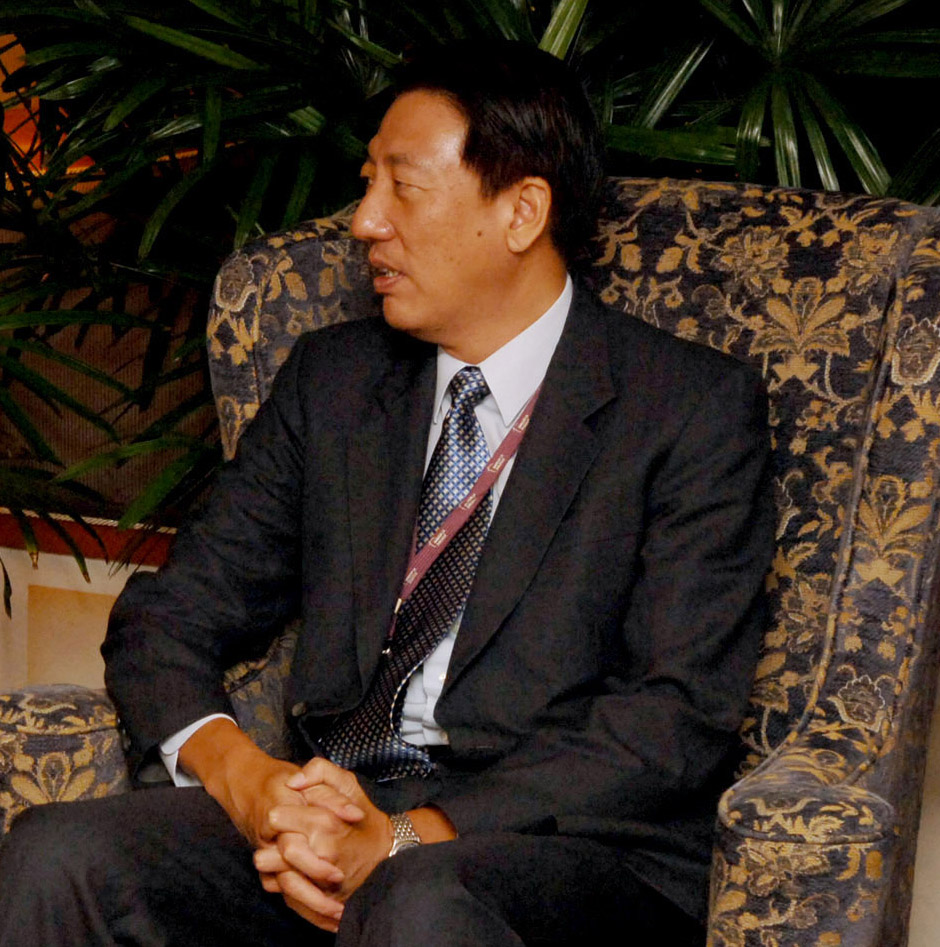|
Internal Security Act (other) , a South African law
{{disambiguation ...
Internal Security Act may refer to: *Internal Security Act 1960, former Malaysian law *Internal Security Act (Singapore) *McCarran Internal Security Act, a United States federal law *Suppression of Communism Act, 1950, a South African law, renamed the "Internal Security Act" in 1976 *Internal Security Act, 1982 The Internal Security Act, 1982 (Act No. 74 of 1982) was an act of the Parliament of South Africa that consolidated and replaced various earlier pieces of security legislation, including the Suppression of Communism Act, 1950, parts of the Riot ... [...More Info...] [...Related Items...] OR: [Wikipedia] [Google] [Baidu] |
Internal Security Act 1960
The Internal Security Act 1960 ( ms, Akta Keselamatan Dalam Negeri 1960, abbreviated ISA) was a preventive detention law in force in Malaysia. The legislation was enacted after the Federation of Malaya gained independence from Britain in 1957. The ISA allows for detention without trial or criminal charges under limited, legally defined circumstances. On 15 September 2011, the Prime Minister of Malaysia, Najib Razak said that this legislation will be repealed and replaced by two new laws.Internal Security Act to be abolished, says Najib 15 September 2011, Bernama.com. The ISA was replaced and repealed by the Security Offences (Sp ... [...More Info...] [...Related Items...] OR: [Wikipedia] [Google] [Baidu] |
Internal Security Act (Singapore)
The Internal Security Act 1960 (ISA) of Singapore is a statute that grants the executive power to enforce preventive detention, prevent subversion, suppress organized violence against persons and property, and do other things incidental to the internal security of Singapore. The present Act was originally enacted by the Parliament of Malaysia as the Internal Security Act 1960 (No. 18 of 1960), and extended to Singapore on 16 September 1963 when Singapore was a state of the Federation of Malaysia. Before a person can be detained under the ISA by the Minister for Home Affairs, the President must be satisfied that such detention is necessary for the purposes of national security or public order. In the landmark case of ''Chng Suan Tze v. Minister for Home Affairs'' (1988), the Court of Appeal sought to impose legal limits on the power of preventive detention by requiring the Government to adduce objective facts which justified the President's satisfaction. Two months after the ... [...More Info...] [...Related Items...] OR: [Wikipedia] [Google] [Baidu] |
McCarran Internal Security Act
The Internal Security Act of 1950, (Public Law 81-831), also known as the Subversive Activities Control Act of 1950, the McCarran Act after its principal sponsor Sen. Pat McCarran (D-Nevada), or the Concentration Camp Law, is a United States federal law. Congress enacted it over President Harry Truman's veto. It required Communist organizations to register with the federal government. The 1965 U.S Supreme Court ruling in ''Albertson v. Subversive Activities Control Board'' saw much of the act's Communist registration requirement abolished. The emergency detention provision was repealed when the Non-Detention Act of 1971 was signed into law by President Richard Nixon. The act's Subversive Activities Control Board, which enforced the law's provision calling for investigations of persons engaging in "subversive activities," would also be abolished in 1972. Provisions Its titles were I: Subversive Activities Control (Subversive Activities Control Act) and II: Emergency Detention (Emer ... [...More Info...] [...Related Items...] OR: [Wikipedia] [Google] [Baidu] |
Suppression Of Communism Act, 1950
The Suppression of Communism Act, 1950 (Act No. 44 of 1950), renamed the Internal Security Act in 1976, was legislation of the national government in apartheid South Africa which formally banned the Communist Party of South Africa and proscribed any party or group subscribing to communism, according to a uniquely broad definition of the term. It was also used as the basis to place individuals under banning orders, and its practical effect was to isolate and silence voices of dissent. Description The Act, which came into effect on 17 July 1950, defined communism as any scheme aimed at achieving change—whether economic, social, political, or industrial—"by the promotion of disturbance or disorder" or any act encouraging "feelings of hostility between the European and the non-European races ..calculated to further isorder. The Minister of Justice could deem any person to be a communist if he found that person's aims to be aligned with these aims, and could issue an order se ... [...More Info...] [...Related Items...] OR: [Wikipedia] [Google] [Baidu] |

.jpg)
